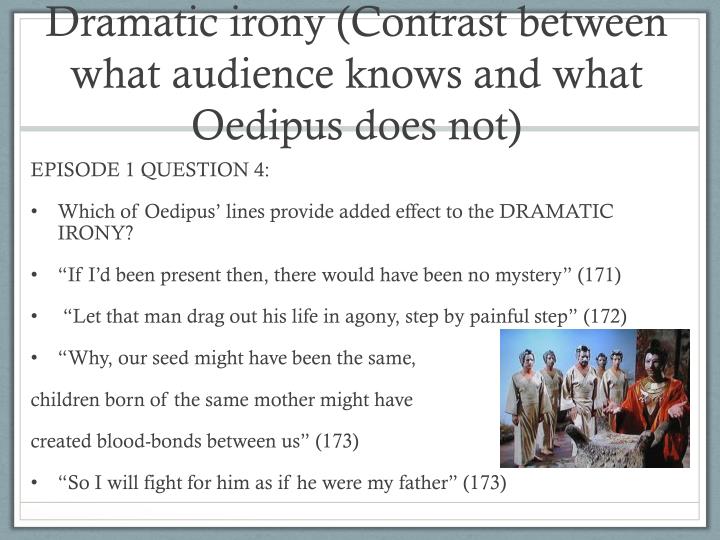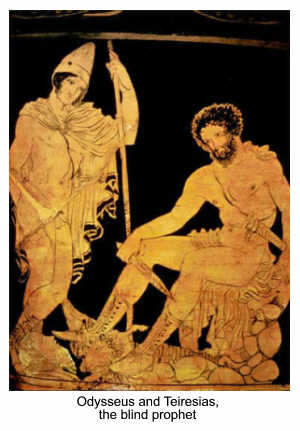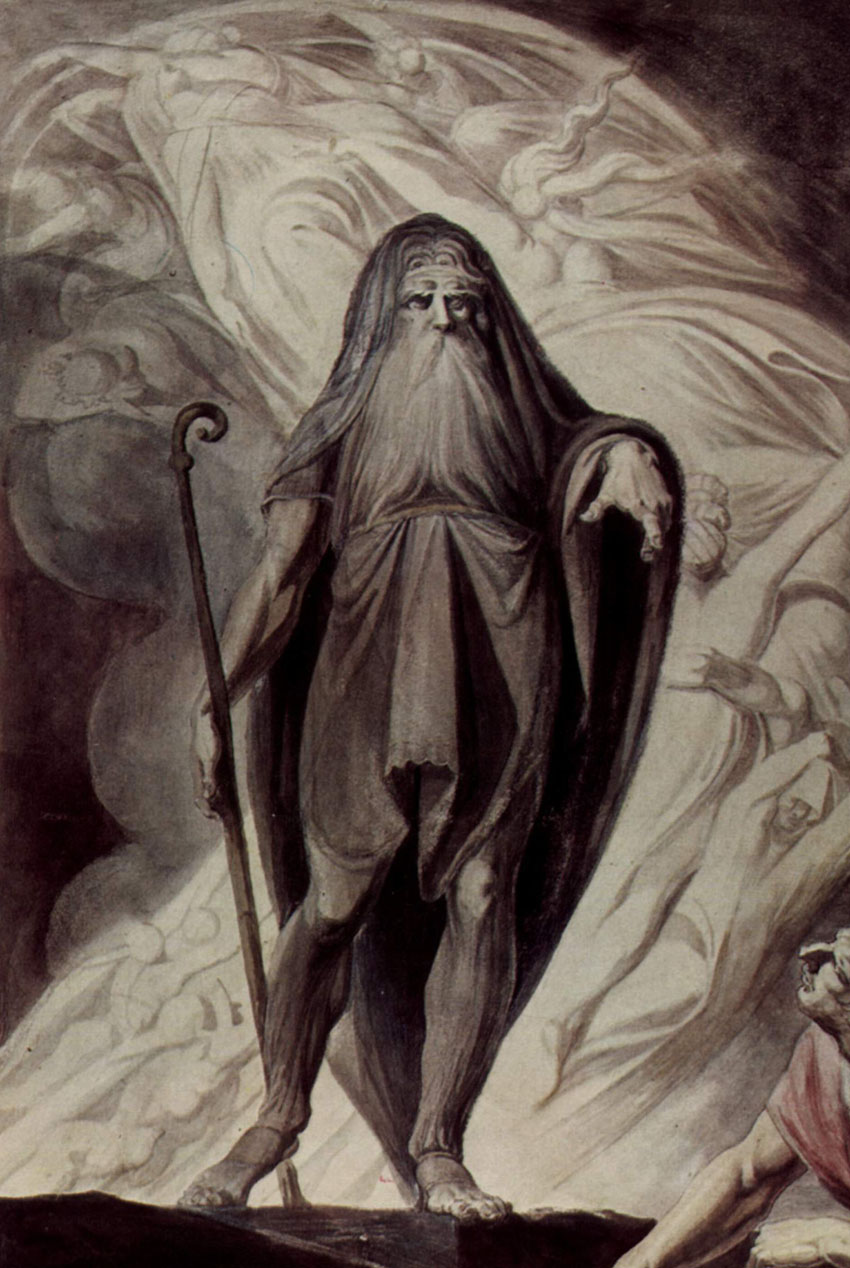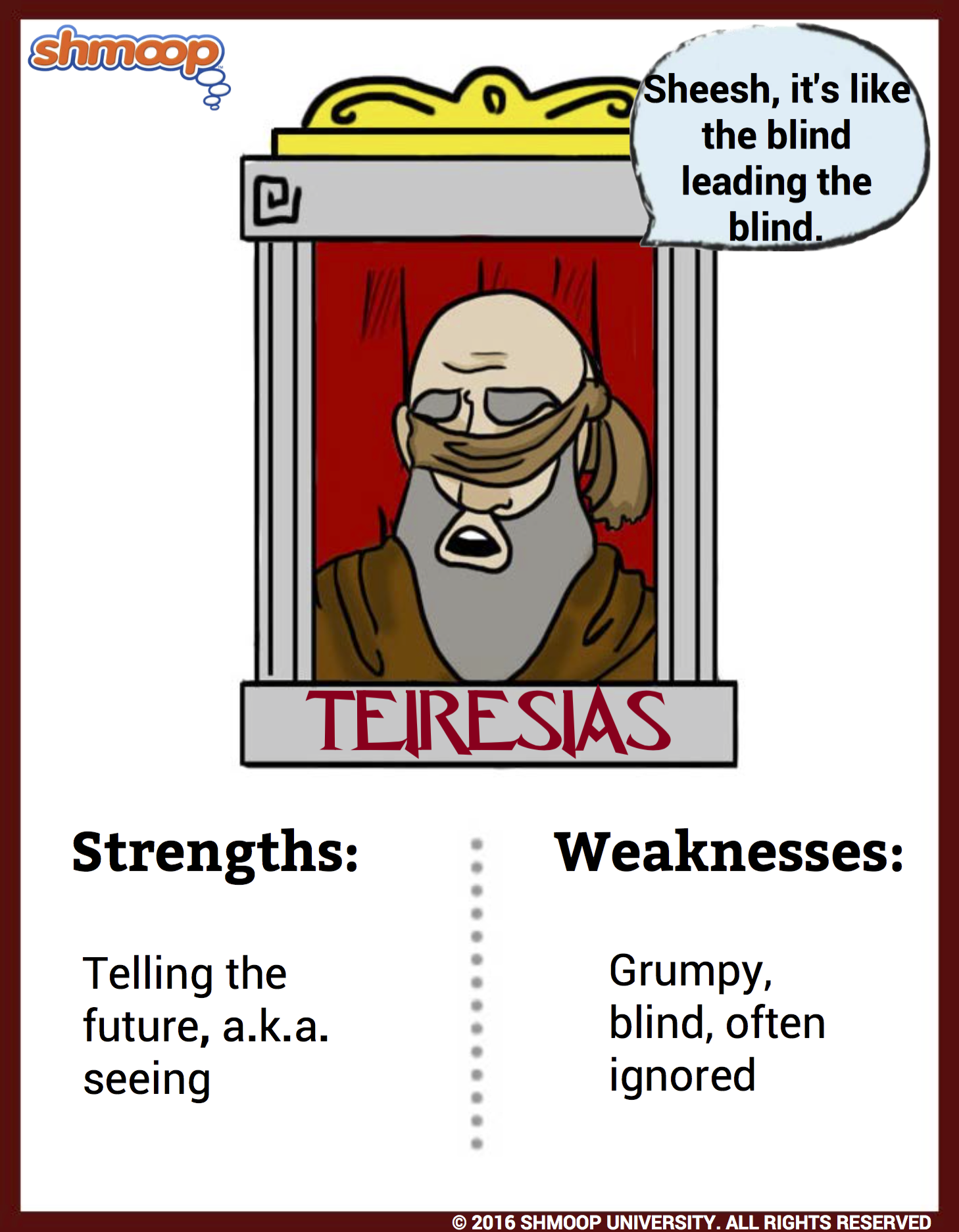
They fought over who had the right to go first and Oedipus killed Laius when the charioteer tried to run him over. There he encountered a chariot driven by his birth-father, King Laius.

On the way, Oedipus came to Davlia, where three roads crossed. In an attempt to avoid such a fate, he decided not to return home to Corinth, but to travel to Thebes, which was closer to Delphi. The oracle informed him that he was destined to murder his father and marry his mother.

Oedipus went to the same oracle in Delphi that his birth parents had consulted.

Oedipus confronted his parents (the king and queen of Corinth) with the news, but they denied this. The word "oedema" (British English) or "edema" (American English) is from this same Greek word for swelling: οἴδημα, or oedēma.Īfter many years, Oedipus was told by a drunk that he was a "bastard", meaning at that time that he was not their biological son. Little Oedipus was named after the swelling from the injuries to his feet and ankles ("swollen foot"). The infant Oedipus eventually came to the house of Polybus, king of Corinth, and his queen, Merope, who adopted him, as they were without children of their own. However, rather than leave the child to die of exposure, as Laius intended, the servant passed the baby on to a shepherd from Corinth, who then gave the child to another shepherd. In an attempt to prevent this prophecy's fulfillment, when Jocasta indeed bore a son, Laius had his son's ankles pierced and tethered together so that he could not crawl Jocasta then gave the boy to a servant to abandon ("expose") on the nearby mountain. The Oracle prophesied that any son born to Laius would kill him. Having been childless for some time, Laius consulted the Oracle of Apollo at Delphi. Oedipus was the son of Laius and Jocasta, king and queen of Thebes. However, the most popular version of the legend comes from the set of Theban plays by Sophocles: Oedipus Rex, Oedipus at Colonus, and Antigone. Variations on the legend of Oedipus are mentioned in fragments by several ancient Greek poets including Homer, Hesiod, Pindar, Aeschylus and Euripides.

The story of Oedipus is the subject of Sophocles' tragedy Oedipus Rex, which is followed in the narrative sequence by Oedipus at Colonus and then Antigone. A tragic hero in Greek mythology, Oedipus accidentally fulfilled a prophecy that he would end up killing his father and marrying his mother, thereby bringing disaster to his city and family. Oedipus ( UK: / ˈ iː d ɪ p ə s/, also US: / ˈ ɛ d ə-/ Greek: Οἰδίπους "swollen foot") was a mythical Greek king of Thebes. Oedipus and the Sphinx by Jean-Auguste-Dominique Ingres


 0 kommentar(er)
0 kommentar(er)
